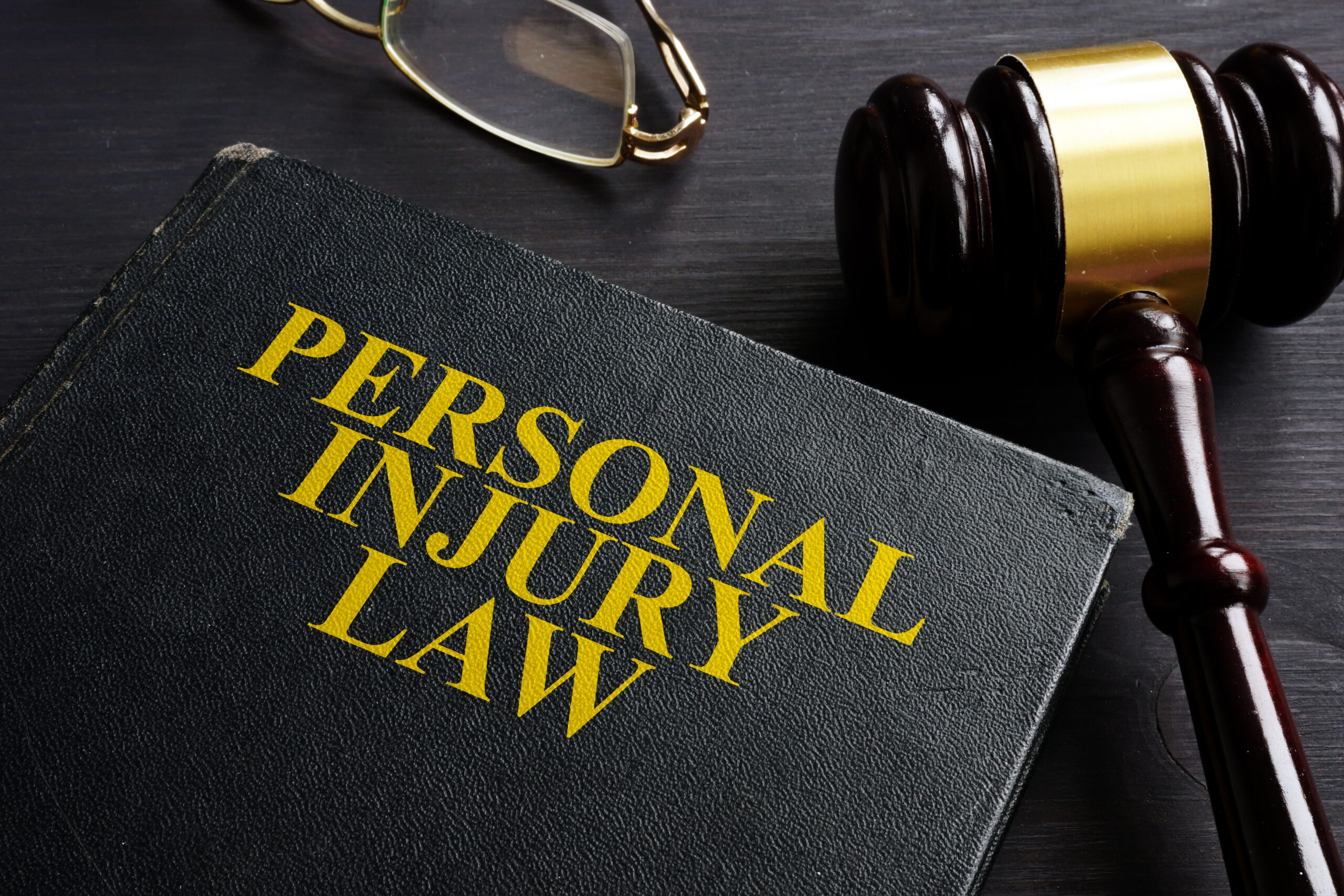
When you suffer a personal injury due to someone else’s negligence, you have the right to seek compensation for your damages. Personal injury lawsuits are civil cases that allow injured individuals to hold the responsible party accountable for their actions.
Like any legal process, filing a lawsuit is complicated, and errors can cost you compensation or even your total right to financial recovery. For this reason, you must have the right legal representation from the start of the process. Consult a Pennsylvania personal injury attorney now to discuss your situation and your options.
Schedule a Free Initial Consultation Today!
The first step in pursuing a personal injury lawsuit is to determine if you have a case. Most personal injury attorneys offer a free consultation, during which they will evaluate the details of your situation. They will assess the strength of your case by considering factors such as:
This initial consultation is an opportunity for you to ask questions and understand the legal process better. You must consult a highly experienced personal injury attorney to evaluate your case accurately. Consultations are free, so you have nothing to lose by meeting with a trusted lawyer, even if you are unsure if you have a claim.
Before filing a lawsuit, your attorney will first attempt to settle the matter through insurance claim negotiations. This involves notifying the responsible party’s insurance company about the incident and providing them with details of the accident, your injuries, and any other relevant information.

Filing an insurance claim is an important step because it allows you to seek compensation for your injuries and damages without involving the courts. The insurance company will assign an adjuster to your case, who will then investigate your claim and determine the extent of liability and the amount of compensation the company is willing to provide.
Once the adjuster makes an initial offer, your attorney can negotiate a fair settlement with the insurance company. This involves reaching an agreement on the compensation you receive in exchange for releasing the responsible party from further liability. You must never accept any settlement offers without consulting an attorney first, as they can prevent you from walking away with insufficient funds.
If a fair settlement cannot be reached, the next step in the personal injury process is filing a lawsuit. This escalates the matter when insurance companies are being uncooperative.
If the insurance company refuses to offer a fair settlement or denies your claim, your attorney may advise you to file a personal injury lawsuit. There are several situations in which filing a lawsuit may be necessary:

A personal injury lawsuit typically follows a specific process, which must comply with strict procedural rules. You want a skilled litigator handling your lawsuit, so you can rest assured your attorney meets all deadlines and requirements during your case. A personal injury lawsuit generally includes the following stages.
The first step in filing a lawsuit is drafting and filing a complaint with the appropriate court. The complaint outlines the details of the incident, the injuries sustained, and the legal basis for the claim. The defendant is then served with the complaint, initiating the legal proceedings.
During the discovery stage, both parties exchange relevant information and evidence through written interrogatories, requests for documents, and depositions. This process allows each side to gather facts and assess the strength of their case.
Following discovery, there is often an opportunity for pretrial negotiations and settlement discussions. Your attorney will negotiate with the opposing party or their legal representatives to reach a fair settlement agreement. If a settlement cannot be reached, the case will proceed to trial.
If your case goes to trial, a judge or jury will hear the evidence presented by both sides and make a decision regarding liability and damages. Your attorney will present a compelling case, including witness testimony, expert opinions, and supporting documentation, to establish the defendant’s negligence and the extent of your damages.

Robert S. Marcus, Pennsylvania Personal Injury Attorney,
The process of filing a personal injury lawsuit can be complicated for even some attorneys. That’s why you must consult a highly experienced personal injury lawyer with experience in court. They can guide you through each step of a lawsuit and advocate for your rights.
Find a local personal injury law firm with a proven track record of success in helping injured individuals obtain the compensation they deserve. Consultations are free, and there are strict deadlines for filing lawsuits. If you miss the deadline, you can entirely lose your rights to compensation. There is no reason to wait to meet with a personal injury attorney now.
Marcus & Mack
